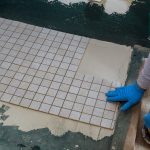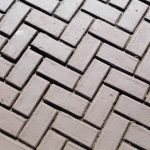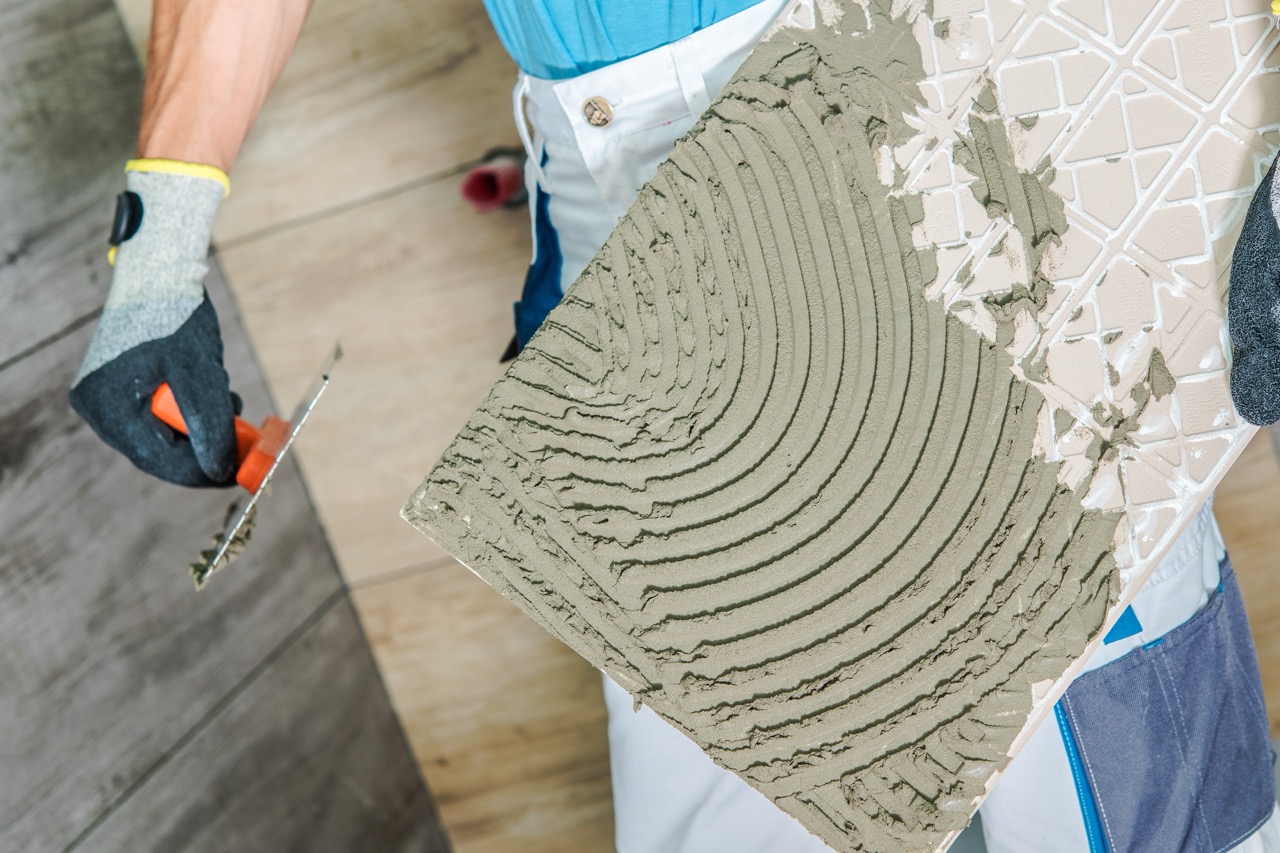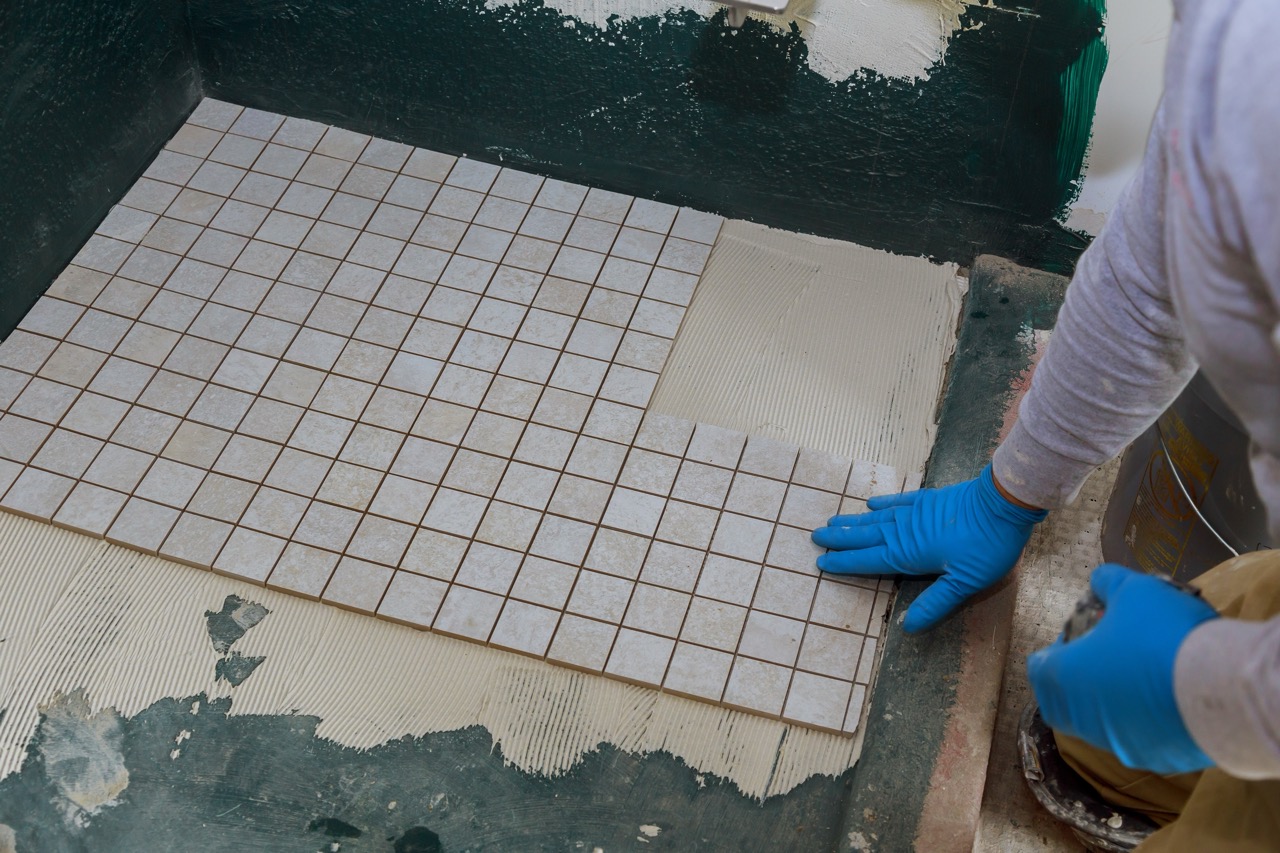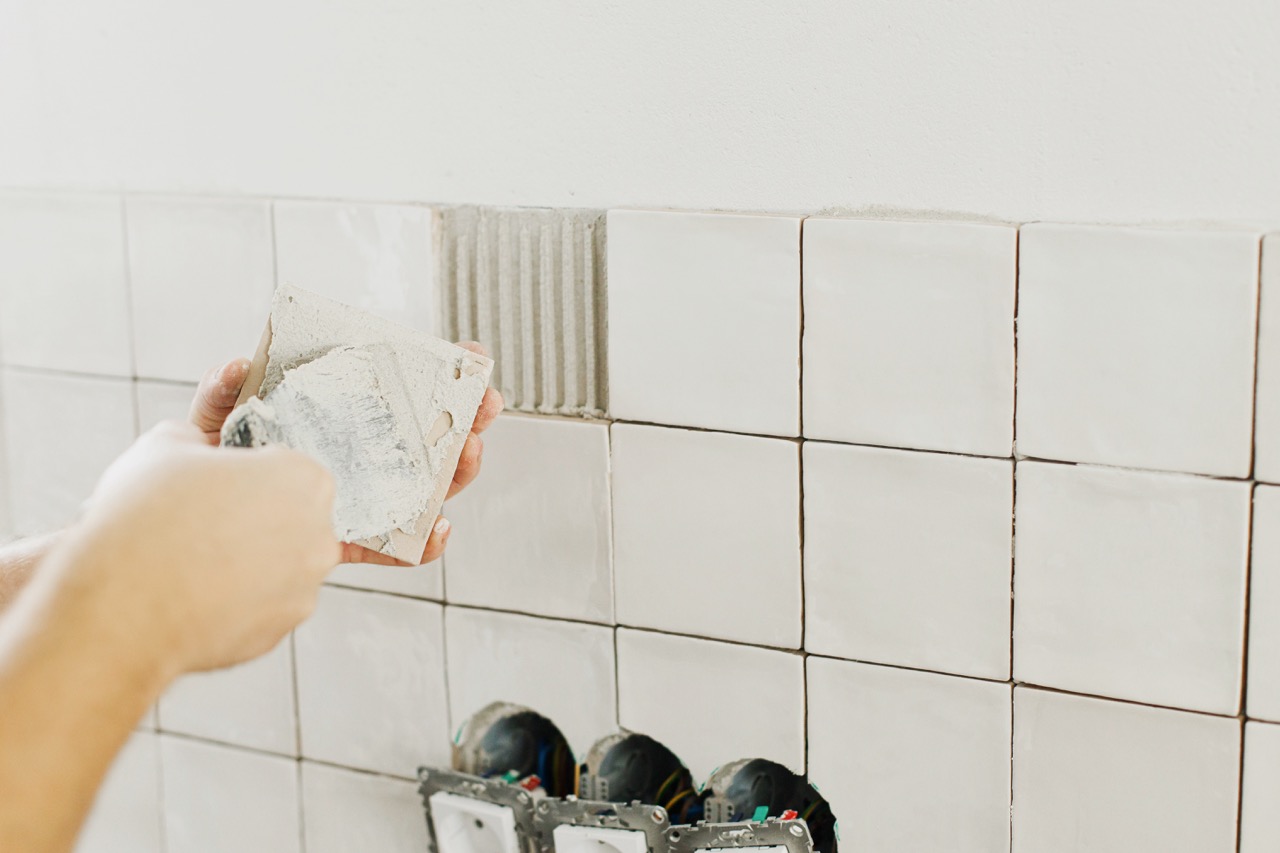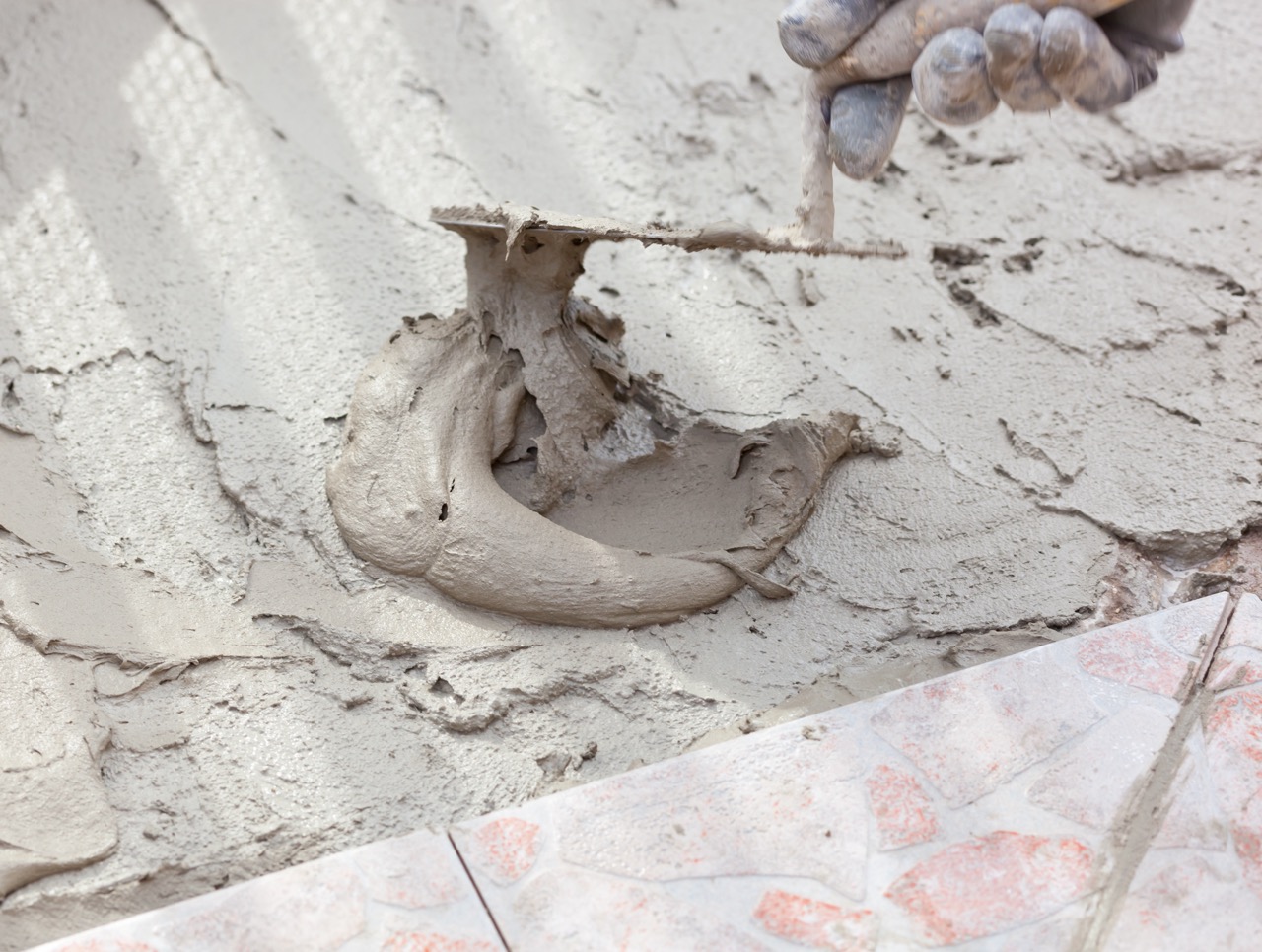Grout pens are a quick and affordable solution for refreshing the look of tiled surfaces without investing in a full re-grouting job. They work by applying a layer of colorant over existing grout lines, effectively masking discoloration and making surfaces look new again. But while they certainly improve appearance, a key question arises: how resilient are grout pens when exposed to powerful cleaning products? Since most people want clean and hygienic tiles, it’s important to understand whether grout pens can hold up under the stress of harsh chemicals or whether their finish deteriorates prematurely.
Putting Grout Pens to the Ultimate Cleaning Test
When a grout pen is first applied, the transformation is often striking. Dull or yellowed grout lines become bright and uniform, bringing out the beauty of the surrounding tiles. This cosmetic improvement leads many homeowners to believe that grout pens provide a long-term fix. However, regular cleaning is inevitable, and that’s where a potential conflict arises: the same strong solutions used to keep tiles spotless may also compromise the pen’s coating.
To investigate this balance, grout pens have been tested against varied cleaning agents ranging from everyday household sprays to industrial strength solutions. Observations often reveal that mild cleaners, such as diluted soap or surface-safe sprays, cause little disruption—they allow the pen’s color to remain intact for extended periods. On the other hand, once bleach-based or acid-based cleaners come into contact with grout lines, fading, streaking, and patchiness can begin to appear more quickly.
Interestingly, results also depend on the tile’s location. For instance, in a bathroom where mold-prevention sprays and descaling solutions are common, grout pens tend to age faster compared to kitchen backsplashes, where lighter degreasers are used. This reinforces the idea that the environment, alongside the choice of cleaning products, plays a major role in determining the endurance of grout pen applications.
How Strong Chemicals Impact Grout Pen Durability
Bleach-based cleaners are among the most common culprits behind grout pen deterioration. While highly effective for disinfection, bleach is known to weaken paint-like coatings, and grout pens essentially fall under that category. Prolonged or repeated use of such cleaners can strip away the pen’s finish, resulting in uneven lines that look worse than before. For that reason, grout pens in bleach-heavy cleaning routines generally have a shorter lifespan.
Acidic cleaners, often used to tackle limescale or soap scum, present another challenge. These solutions can react with both grout and pen pigments, accelerating erosion and discoloration. Unlike milder soaps, acids penetrate deeper into porous grout, meaning the protective coloring from the pen has less chance to withstand the wear. Homeowners who regularly use acid-based cleaners often find themselves needing to reapply grout pens more frequently.
In contrast, pH-neutral solutions seem to strike a better balance, cleaning effectively without excessively stripping color from grout lines. Experts commonly recommend pairing grout pens with neutral or non-abrasive cleaners to maintain their bright, even lines for as long as possible. This doesn’t mean grout pens are incompatible with darker cleaning agents entirely—but to ensure durability, moderation and careful product selection are crucial.
Grout pens are a clever and affordable way to improve the appearance of tiled areas, but they have their limits when put up against powerful cleaning solutions. Strong chemicals, particularly bleach and acids, undeniably shorten their lifespan and affect coverage quality. That being said, with the right balance of cleaning routine and product choice, grout pens can provide a long-lasting and satisfying improvement. For those looking to freshen up grout without committing to costly renovations, the key takeaway is clear: protect your grout pen investment by choosing gentler cleaners whenever possible.
